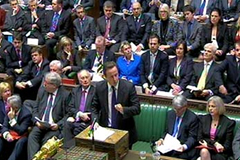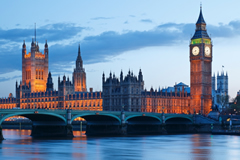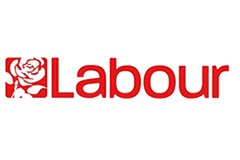We all like to indulge in a bit of nostalgia from time to time. Who among us doesn’t take a glimpse back into our past, usually through rose tinted spectacles, remembering the highlights and pining for ‘The good old days’?
This is one of the main reasons why TV programmes such as ‘The Seventies Revisited’; ‘The Fabulous Eighties’ and the ‘Naughty Noughties’ are so popular, alongside dramas such as ‘Life on Mars’ and ‘Ashes to Ashes’.
Though this mild obsession with the past is probably not the best use of our time, it is a harmless bit of whimsical melancholy that causes no harm.
The same cannot be said for our political leaders, some of whom appear to have been transported back to the seventies if some of their more recent policy pronouncements are anything to go by.
It seems likely that tomorrow the Labour Party will elect the man who was only put on the leadership ballot paper to ‘broaden the debate’. Jeremy Corbyn wants to include re-nationalising the utilities, re-opening coal mines and re-introducing flared trousers as compulsory dress wear in the next Socialist manifesto he presents to the country.
Not to be outdone in this back to the future approach to politics, the Conservative government have decided that Trades Unions are, indeed, the enemy within, and are about to introduce a raft of legislative changes to impact on union activity that can most graciously be described as cracking a nut with a bloody great sledgehammer.

The governments’ proposals are an outdated response to the challenges of the modern workplace and are counter-productive. This is not the cry from Lennie McCluskey, the General Secretary of Unite. It is the considered opinion of CIPD, the professional body for HR and people development.
They point out that the number of working days lost through industrial action today stands at less than a tenth of what it was in the 1980s, whilst consultation with its members suggests their relationships with unions are generally good.
CIPD chief executive Peter Cheese commented: “Government proposals appear to be targeting yesterday’s problems instead of addressing the reality of the modern workplace. The number of days lost to strike action in the last twenty years has dropped by over 90%.”
It may be that in the Westminster bubble that they claim to hate so much, the Corbynistas and the chancellor and his mates crave for a return to class war. But for business, the nightmare of the breakdown of consensus politics and a return to extreme positions on both left and right of the political spectrum, is seen as totally unnecessary and as irrelevant in the twenty first century as an abacus is for the schoolchildren of today.







